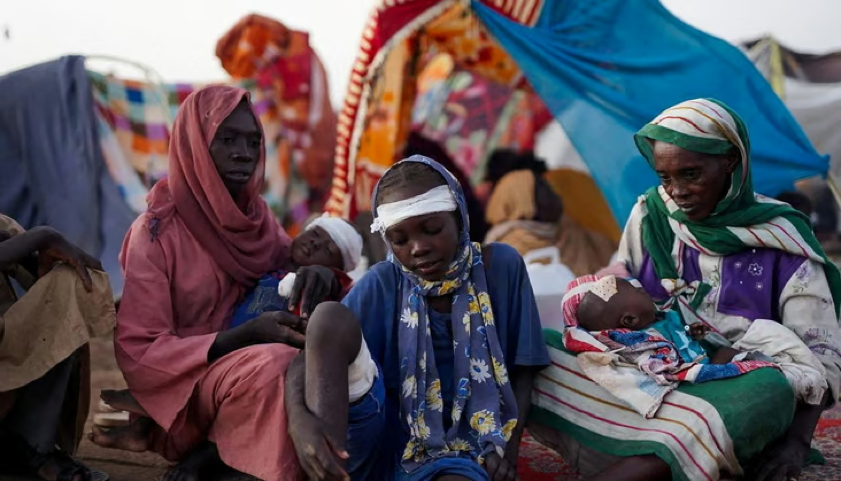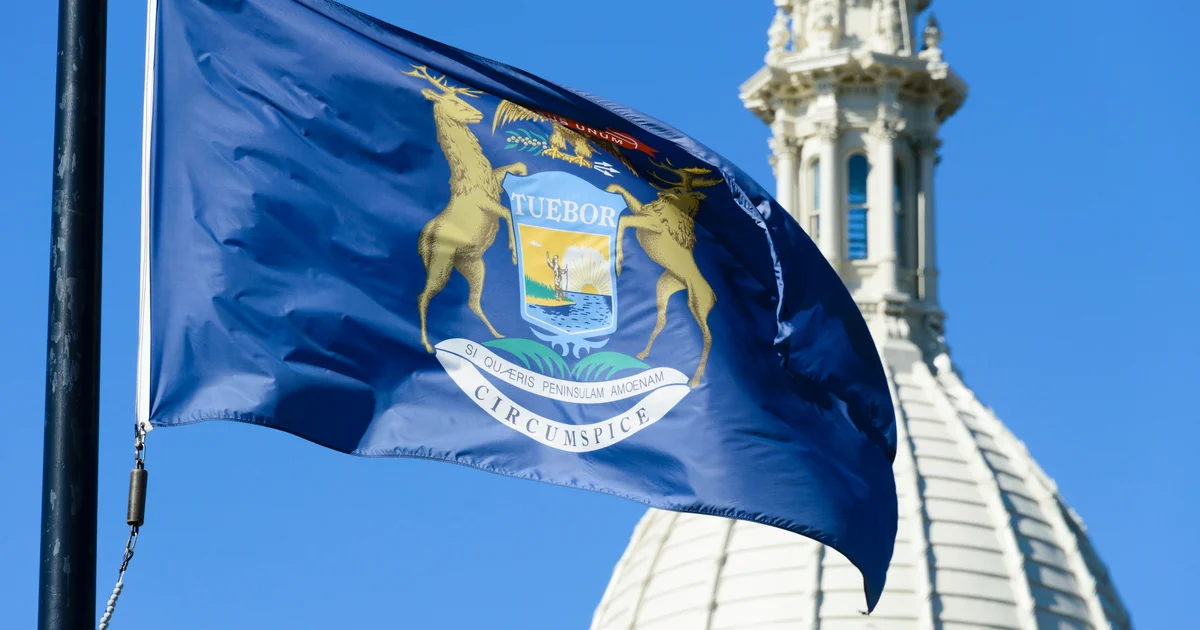Copyright standard

By Sheriff Bojang Jnr When the paramilitary Rapid Support Forces seized the capital of North Darfur, they didn’t just win a city, they may have taken a decisive step towards reshaping Sudan. For nearly a year, El Fasher had stood as the last major stronghold of the Sudanese Armed Forces (SAF) and their allied Darfuri militias, a fragile island of resistance in a sea of paramilitary Rapid Support Forces (RSF)-controlled territory. Long before its capture, El Fasher had come to embody both Sudan’s endurance and its abandonment. For many Sudanese, it was more than a besieged city. It was a mirror held up to the world’s conscience. Once a bustling humanitarian and commercial hub, its markets supplied the surrounding displacement camps, its hospitals treated war-wounded civilians and its airport served as the last lifeline for aid. “El Fasher is the last stronghold of national resistance in western Sudan, sheltering thousands who once survived genocide,” says Hisham Madani, a political analyst and founder of the Sudanese Civil Movement (SCM), a humanitarian and advocacy organisation. “Its defence is not merely tactical but existential; a stand for Sudan’s unity and sovereignty,” he tells The Africa Report. For months, the city had been under near-constant siege, surrounded by RSF units and their allied Arab militias, cut off from food and medicine and shelled indiscriminately. Inside, SAF troops, local self-defence groups, and remnants of the Justice and Equality Movement (JEM) clung to a shrinking perimeter around the 6th Infantry Division headquarters. The fall of El FasherOn 26 October, the siege of El Fasher finally snapped. RSF, a powerful paramilitary group led by General Mohamed Hamdan Dagalo, widely known as Hemeti, swept into the city in a lightning offensive that ended nearly two years of fragile army control. Thousands are feared dead in El Fasher since then. Researchers at Yale’s Humanitarian Research Lab cite satellite and field evidence of mass killings at RSF-controlled sites, including the former Children’s Hospital, the Saudi Hospital and areas along the city’s defensive berm. For over two and a half years, Sudanese voices have cried out for action, accountability and truth and received only statements of ‘concern’ As residents flee, reports of atrocities continue to emerge. The World Health Organisation (WHO) said it was “appalled and deeply shocked” by evidence that 460 patients and relatives were killed at the Saudi Maternity Hospital, one of the few still operating when the RSF entered the city. The WHO chief, Tedros Adhanom Ghebreyesus, said the agency had already verified 285 attacks on health facilities since the war began, with at least 1,200 deaths and more than 400 injuries among health workers and patients. Local activists and aid workers say the SAF had quietly negotiated the withdrawal of most of their troops in the days before El Fasher fell to avert a bloodbath. But once the RSF overran the 6th Infantry Division headquarters, chaos erupted. Remaining soldiers were reportedly executed as the RSF cleared buildings or gunned down the last of the troops as they fled into the desert. El Fasher’s fall is both symbolic and strategic, a turning point in a war that has displaced more than 10 million people and left Sudan’s statehood hanging by a thread. The capture effectively redrew Sudan’s map, placing all of Darfur, home to Arab pastoralist groups like the Rizeigat, who make up the RSF’s core, under Hemeti’s control. “What unfolds in El Fasher is not another battle but the attempted erasure of a nation’s people and identity while the international community stands by,” says Madani. “For over two and a half years, Sudanese voices have cried out for action, accountability and truth and received only statements of ‘concern’. Words have replaced will and silence has become complicity.” Regional analyst Habto Mehari says control of El Fasher gives the RSF dominance over key supply routes and influence across surrounding regions, a position that could extend its power deeper into Darfur and parts of Kordofan. One-third of Sudan taken by RSFWith El Fasher, the RSF now controls all of Darfur, effectively one-third of Sudan. “Controlling Darfur will increase the RSF’s standing at any future negotiations,” says Cameron Hudson, a senior fellow in the Africa Program at the Center for Strategic and International Studies (CSIS). “Importantly, the RSF now fully controls Darfur’s borders with four neighbouring states, which will enhance its ability to supply itself and bring in fresh recruits for sustaining the war.” By controlling all five states of Darfur, the RSF now commands territory stretching from the Chadian border to the heart of Sudan’s western plateau. As the former capital of Darfur and a historic seat of governance, El Fasher’s capture carries enormous symbolic weight. “The war in Sudan today is less about controlling territory and more about asserting legitimacy,” says Mehari. “Holding El Fasher strengthens Hemeti’s political standing and undermines [army chief] General Abdel Fattah al-Burhan’s already fragile authority.” According to Connor Trumpold, East and Horn of Africa analyst at Control Risks, the RSF’s victory will likely strain the alliance between the SAF and its Darfuri allies, the Joint Forces, amid growing perceptions that the army “did not do enough to defend the city”. Possible partition?The RSF’s capture of El Fasher cements its dominance over Darfur, while the SAF remain entrenched in Khartoum and the eastern corridor. Analysts say this effectively reinforces an emerging reality: a divided Sudan, with the RSF ruling the west and the SAF holding what remains of the east. Will they provide security to citizens under their control? Collect taxes? Administer laws?Mehari says full RSF control of the city represents a de facto division of power, creating semi-autonomous zones under each faction. “Even if the RSF consolidates Darfur, it will not fundamentally alter the dynamics of the war in the short term,” he notes. “Sudan is highly unlikely to return to a centralised state; it’s headed down the fragmented paths of Libya and Yemen, towards a prolonged stalemate.” Though a west-east split has existed informally for months, Hudson warns that the division could become permanent if the RSF formalises its rule. “Will they provide security to citizens under their control? Collect taxes? Administer laws? If they did, that would enhance their argument that the country is formally divided.” Over the coming weeks, Trumpold warns, “we’ll likely see this west-east split formalised”, citing the parallel government, known as Tasis, that the RSF already set up. He says the victory in El Fasher will free RSF units to redeploy elsewhere, likely to crush remaining resistance from the Joint Forces in other parts of Darfur and push deeper into Kordofan. “RSF will likely seek to retake El Obeid in North Kordofan, though this won’t be easy. It will face the same stretched supply lines that hampered its previous offensive into central Sudan.” While the prospect of formal partition remains remote, analysts say the direction is unmistakable. The RSF’s consolidation of territory in the west, the army’s confinement to the east and the growing vacuum in Sudan’s heartland all signal a slow-motion disintegration of the state, a country fracturing in real time. Foreign fingerprintsAt the heart of Sudan’s war lies a convergence of regional ambitions and global indifference. What began in April 2023 as a power struggle between two rival generals has been transformed into a proxy battleground for external powers seeking leverage across the Red Sea and the Sahel. This is not a civil war. It is a foreign-sponsored campaign to fragment the country and erase its sovereignty The United Arab Emirates has been repeatedly accused by the United Nations and Western officials of supplying the RSF with weapons and funding through routes in Chad and Libya, allegations Abu Dhabi denies. Analysts say the UAE’s interest lies in securing Sudan’s lucrative gold trade and influence over the Red Sea corridor. Egypt, meanwhile, has quietly backed the Sudanese army, fearing that an RSF-controlled Sudan could destabilise its southern border and weaken its grip over Nile waters. Iranian drones and advisers have also reportedly reached the army’s ranks, signalling Tehran’s return to the Red Sea arena and adding renewed tension with Gulf rivals and Israel. Amid the power plays, Sudanese citizens have grown disillusioned not only with their leaders but also with the international system. Both the UN and the African Union have faced fierce criticism from civil society groups and humanitarian organisations for their perceived inaction. “This is not a civil war. It is a foreign-sponsored campaign to fragment the country and erase its sovereignty,” says Madani. “History will remember those who could have called an emergency meeting but didn’t, those who could have stopped the weapons but chose profit, and those who claimed to stand for humanity yet turned away while humanity burned.”



